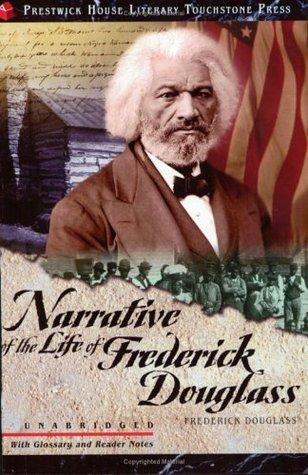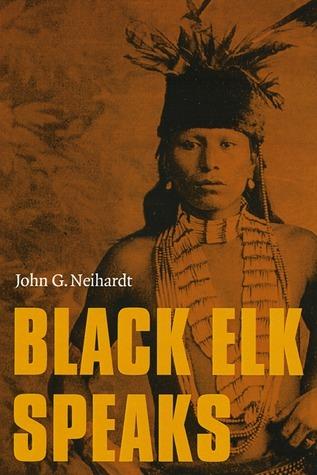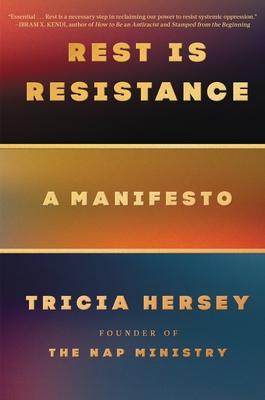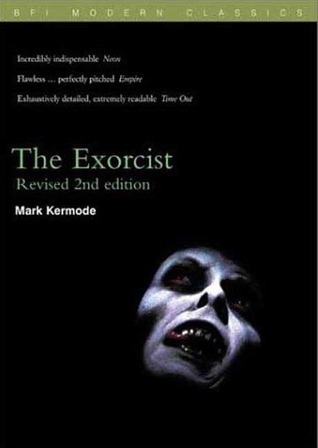

Scan to Download
Narrative of the Life of Frederick Douglass Free Audiobook Download
Frederick Douglass
Journey from Bondage to Freedom: A Fight for Equality.
Information

Author: Frederick Douglass
Narrator: Brian
Format: MP3
ISBN: 9781580495769
Language: English
Publish Date: 11/16/1969
Audiobook length: 31min
Narrative of the Life of Frederick Douglass Audiobook by Chapters
The audio file is large, please allow a moment for loading
Readers Also Enjoyed Audiobook

Who should listen Narrative of the Life of Frederick Douglass
The summary audiobook of "Narrative of the Life of Frederick Douglass" is essential listening for students, educators, and anyone interested in American history, civil rights, and the enduring struggle against slavery. It offers a powerful glimpse into Douglass's experiences as an enslaved person and his journey to freedom, making it a vital resource for those seeking to understand the complexities of race, identity, and resilience in the United States. Additionally, activists and advocates for social justice can draw inspiration from Douglass's eloquent narrative and his unwavering commitment to equality.
3 quotes from Narrative of the Life of Frederick Douglass
- "I didn’t know I was a slave until I found out I couldn’t do the things I wanted."
- "The pathway from slavery to freedom is paved with the blood of the slave."
- "If there is no struggle, there is no progress."















